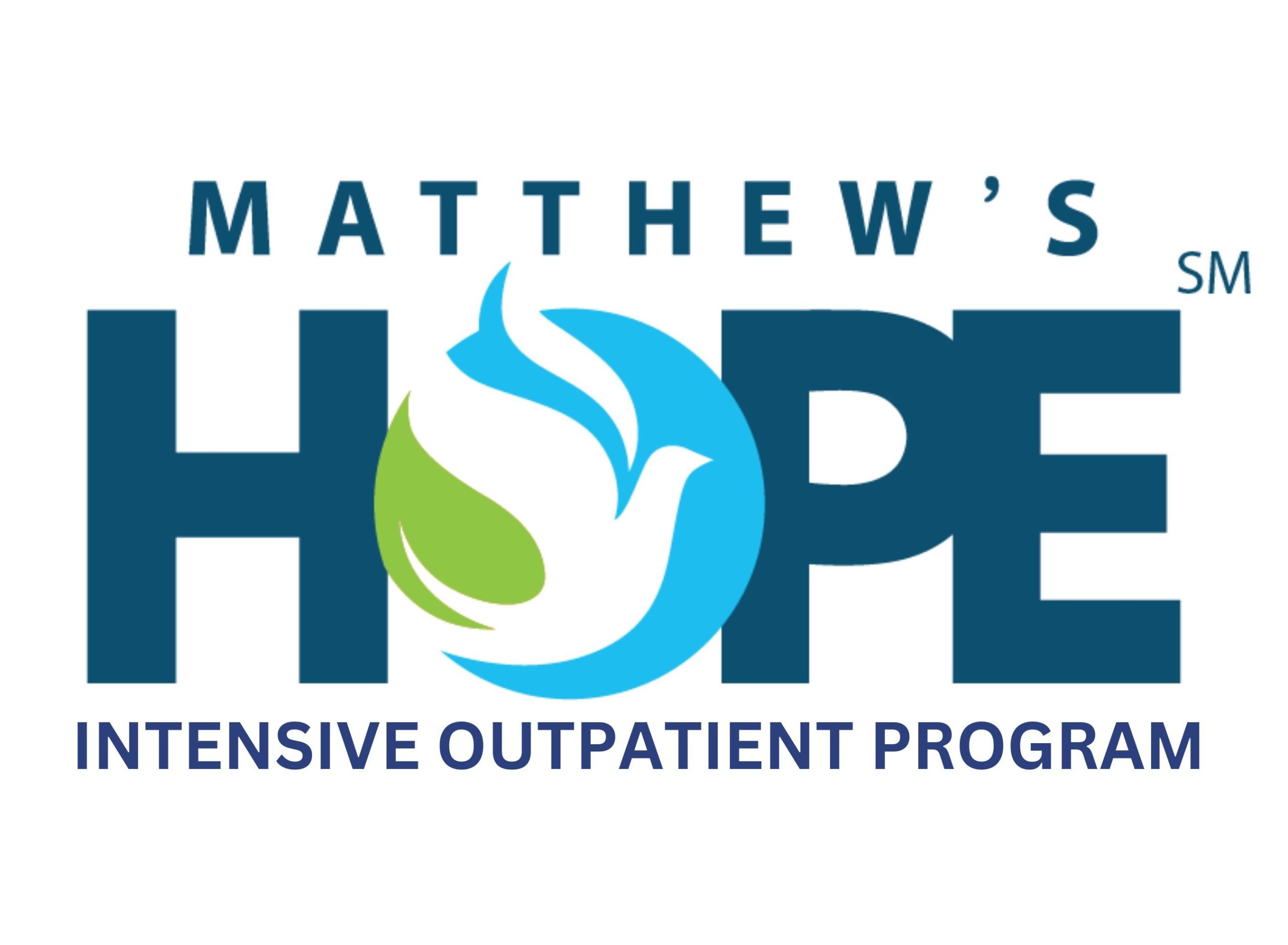Going through rehab can be stressful and lead to anxiety. Some people even say anxiety caused their post-rehab relapse. Because of this, it is important to figure out ways to reduce anxiety during and after your treatment process.
Best Ways to Reduce Anxiety in Recovery
Even if you don’t have a clinical level of anxiety, it is important to find ways to decrease your symptoms. The following ways to reduce anxiety can boost your happiness in the short term and increase the odds of a long-lasting recovery.
1. IASIS Advanced Neurofeedback Technology
IASIS MCN has been found in clinical research to diminish anxiety, depression and PTSD, which may be the greatest triggers of cravings leading to relapse. 85% of those receiving IASIS MCN report less cravings and improved calm and sleep. IASIS rebalances the nervous system and aids the detox system in the brain to better perform its function.
2. Ground Yourself
Grounding techniques can help you reduce anxiety. You can try to focus on three different things you see, hear, smell, or touch. This allows you to connect to the here and now instead of letting the world spin out in a spiral of anxiety.
3. Meditation
Meditation can help with many mental disorders. It helps you stop judging your thoughts and can calm the mind. Plus, you can find many different videos, tutorials, and apps about meditation online.
4. Talk to Someone
Talking about anxiety doesn’t always help everyone, but it can be useful for some people. If your anxious thoughts are a burden, find a friend or a support group to talk to. When you talk about your anxiety, it often helps to take away its power.
5. Exercise
If you’re trying to learn how to reduce anxiety, consider a new exercise plan. Physical activity helps to boost happiness endorphins. Plus, exercising in a group can help you meet people and build a sober support network.
6. Journaling
Another way to reduce anxiety is to try journaling. Writing your feelings down can help you release those fearful, negative thoughts. Many people find journaling to be incredibly soothing.
7. Socializing
Human beings are social creatures, so anxiety, depression, and other mental disorders are common when we feel lonely. Recovery can often involve loneliness as you remove negative influences, like drinking buddies, from your life. If you feel anxiety and loneliness, finding a support group or taking part in a new activity can help you meet new people.
8. Reframe Your Thoughts
Instead of thinking about how you did or experienced something bad, focus on the strength it took to move past it and make changes in your life. Thought reframing is a type of cognitive behavioral therapy (CBT) where you learn how to replace negative thoughts with positive ones.
9. Adopt Strict Eating and Sleeping Routines
A person who isn’t taking care of their body is more likely to deal with anxiety. As you go through the recovery process, it’s helpful to adopt a strict eating and sleeping schedule. When your body is taken care of, your mind can find peace.
10. Get Professional Help
If you can’t figure out a way to reduce anxiety on your own, it may be time to seek professional help. A doctor or counselor can help you figure out the right blend of medication and therapy for your situation. In addition, they may be able to recommend a specific support group where you will find like-minded peers.
Get Help for Your Addiction
If you or a loved one is struggling with an addiction, Matthew’s Hope Foundation Intensive Outpatient Program can help you start your recovery process. To learn more about our programs, get in touch with our team today.



